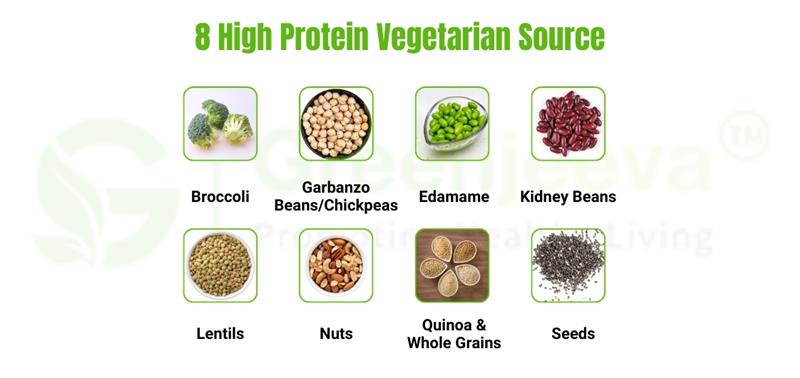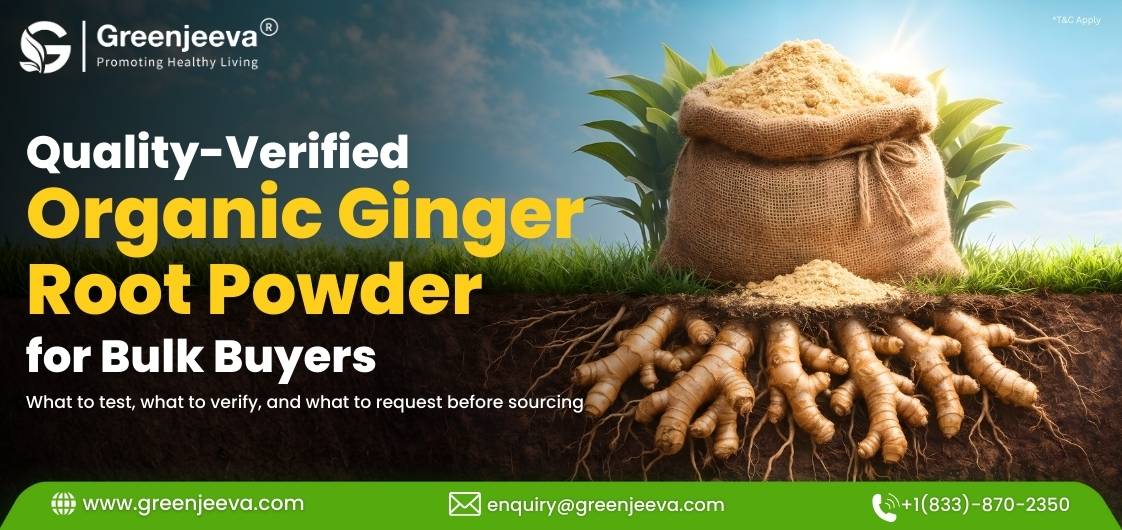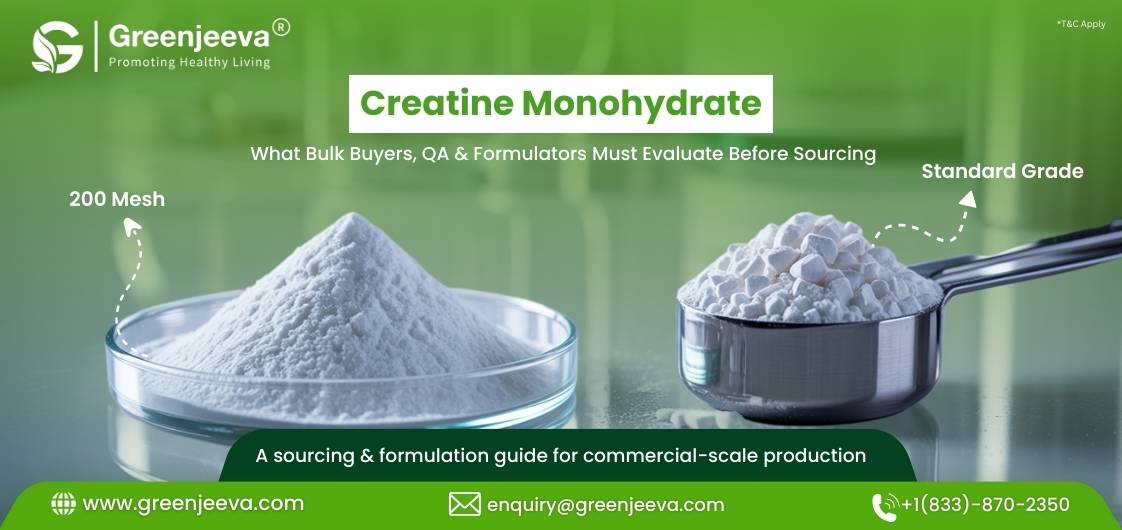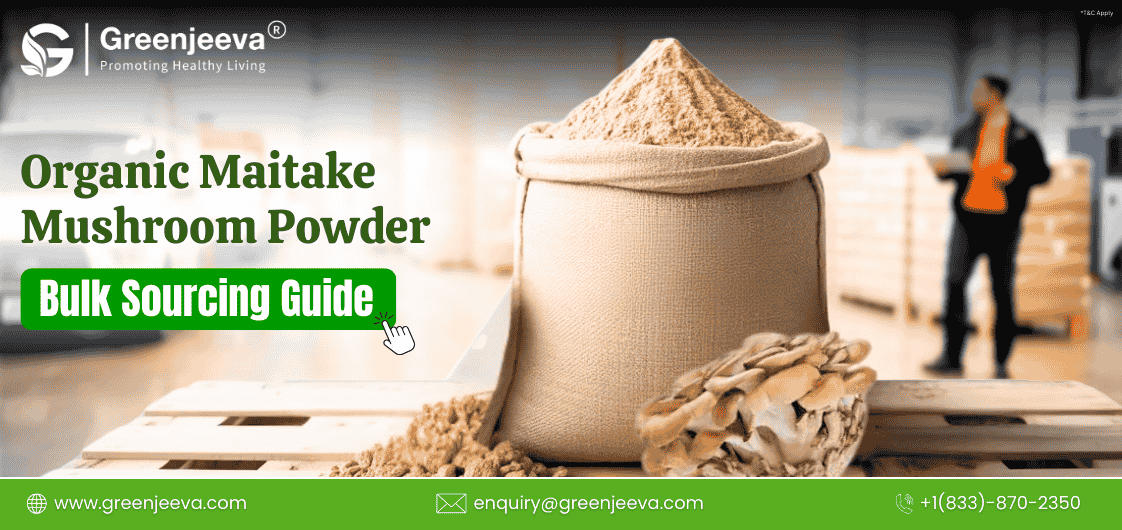Why Is Vegetarian Food Considered Better Than Non-Vegetarian Food?

Now-a-days more and more people are becoming vegetarians and vegans, starting from fitness freaks to celebrities. However, there has always been a controversy between vegetarian and non-vegetarian food.
A vegetarian diet can be categorized into – total vegetarian, lacto-ovo vegetarian, and lacto vegetarian diet. A total vegetarian diet contains legumes, grains, vegetables, fruits, and nuts. A lacto vegetarian diet consists of dairy products including cheese, butter, and milk. A lacto-ovo vegetarian diet consists of both dairy products and eggs.
A vegetarian diet is packed with vitamins, fibers, minerals, and unsaturated fat. Such a diet protects the body against various diseases. Here are some of the best benefits that can be expected from vegetarian food.
Reasons You Should Consider Taking More Vegetarian Food
• Vegetarian Food Makes for a More Balanced Diet
Although most of the non-vegetarian food items are packed with omega 3, fats, and protein, these nutrients do not make up for the complete nutritional requirement of your body. On the contrary, plant-based food items such as vegetables, grains, pulses, and fruits are rich in all the essential nutrients that the body needs. Hence, abiding by a balanced vegetarian diet can offer your daily dose of essential nutrients.
• It is Good for Digestion
While a vegetarian diet is rich in fiber, a non-vegetarian diet has a low content of the same. Hence, non-vegetarians are more likely to experience digestive distress. A plant-based diet generally consists of legumes, vegetables, grains, and fruits, all of which are rich sources of dietary fiber, which promotes the normal functioning of the digestive system.
• It Minimizes the Risk of Weight Gain
According to a number of studies, vegetarians are generally leaner in comparison to non-vegetarians. Vegetarians are commonly known to have low cholesterol levels, maintained blood pressure, and a healthier Body Mass Index (BMI). According to experts, a vegetarian diet helps maintain weight in the long run. Having said that, however, this might vary with the type of food you are taking. If a vegetarian person takes unhealthy junk foods frequently, s/he may not be likely to lose weight in the long run.
• It Reduces the Risk of Heart Diseases
A well-balanced vegetarian diet is generally rich in vitamins, minerals, and fiber and low in saturated fats. Since, this diet has low saturated fats, it has the ability to keep the levels of cholesterol and blood pressure in check. Regular intake of a balanced vegetarian diet can minimize your risk of heart diseases. In order to prevent cardiovascular ailments, ensure daily intake of a diet that has high potassium and fiber and low fats and sodium.
• Vegetarians Have a Comparatively Longer Lifespan
According to research, vegetarians have a minimal risk of acquiring chronic health issues such as high blood pressure, obesity, and cholesterol, all of which are result of high intake of saturated fats. Hence, they generally tend to have a longer lifespan in comparison to non-vegetarians. Having said that, however, this is also subject to many other important parameters.

If You’re Considering Going Vegetarian...
• A number of research have proved the health benefits of vegetarian diet. However, you must do it in the right way and not consume high-fat or processed vegetarian food.
• It is important for vegans and vegetarians to ensure adequate intake of nutrition. It is highly recommended to consult a nutritionist to learn what your meals should generally look like.
• If you are trying to lose weight, you need to avoid certain foods, like nuts. Nuts have a high content of calories and fat and a comparatively low content of protein.
Also Read More : Herbal Cosmetic Ingredients- Procurement, Trends & More!
Disclaimer:
The above statements are not intended to cure any disease or comply with any health benefits. This is solely for information purposes. Please consult your doctor/health practitioner before consumption of the product. Although we take efforts to keep our website informative, we do not guarantee any medical benefits.






